Business Data API: Google Overview
This API is currently based on information publicly shared by business entities across several platforms: Google Search, Google Hotels, and Google My Business. Thus, all the data you will find in this API is currently based on these platforms, but more datasources will be made available in the nearest future.
Google Business Data API encompasses five sets of endpoints, each of which provides a unique set of capabilities: My Business Info and My Business Updates encompass data from Google My Business; Hotel Info and Hotel Searches provide information from Google Hotels; whereas Google Reviews includes data from the “Reviews” section of the Knowledge Graph posted under a certain business entity.
Google Hotels
Hotel Searches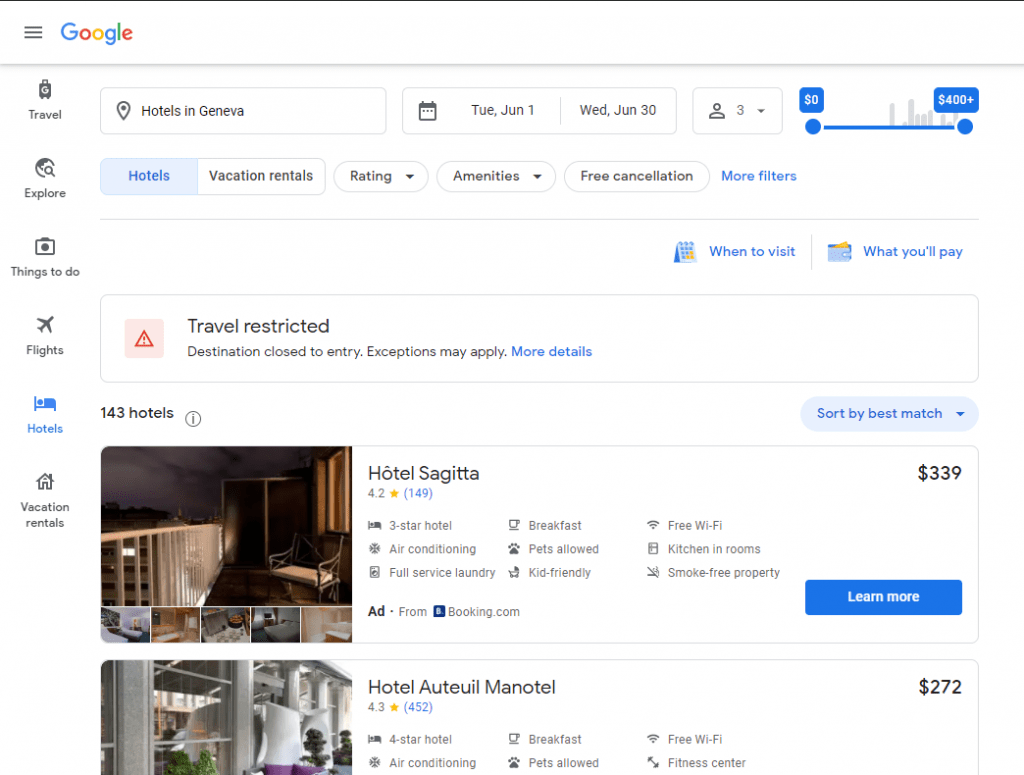
Data from Google Hotels SERP:
• The list of hotels that match POST parameters;
• Location coordinates for each hotel;
• Star rating and reviews;
• Pricing information;
• Images.
Hotel Info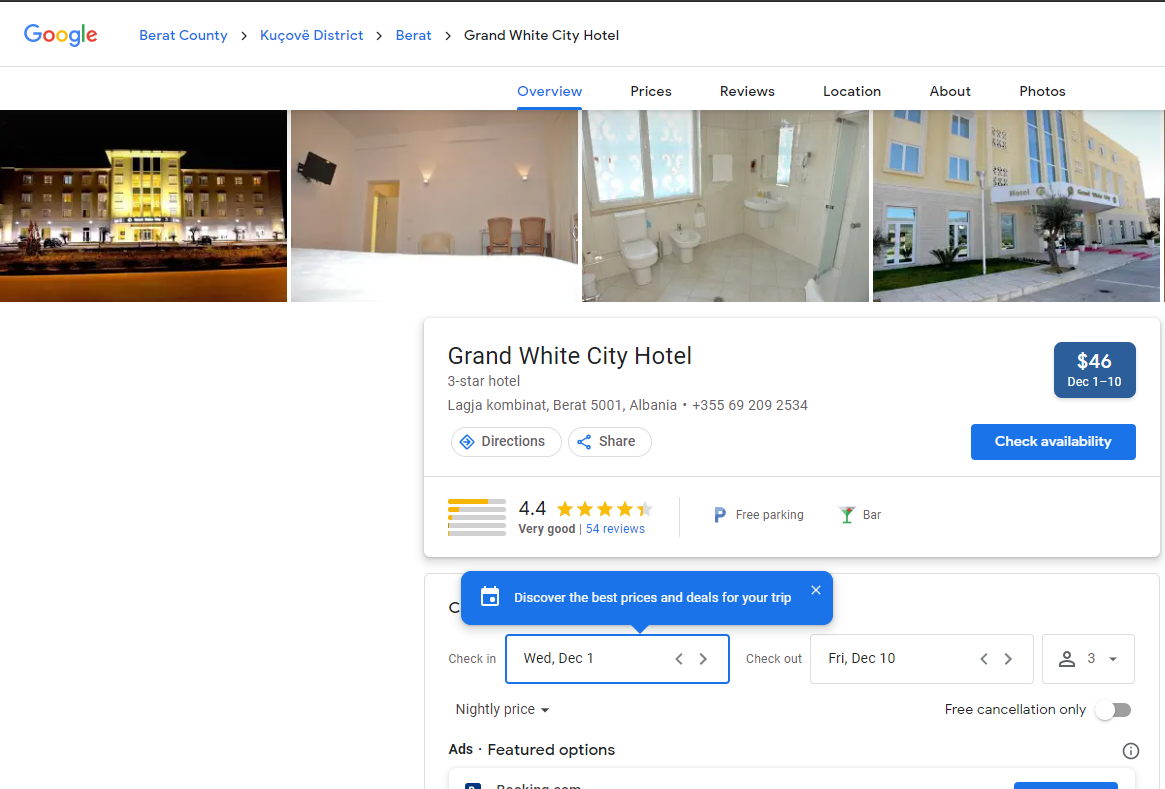
Data on any hotel at Google Hotels:
• Location details and ranking;
• Reviews and customer rating;
• Available amenities;
• Pricing details.
Google My Business
My Business Info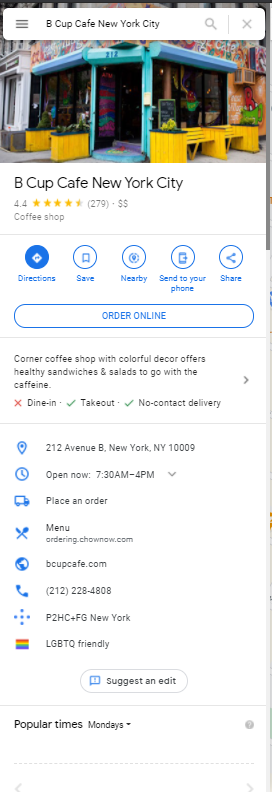
Data from the business entity’s GMB profile:
• Business title and description;
• Service categories;
• Available and unavailable service attributes;
• Contact phone;
• Domain name;
• Work time and busy hours.
My Business Updates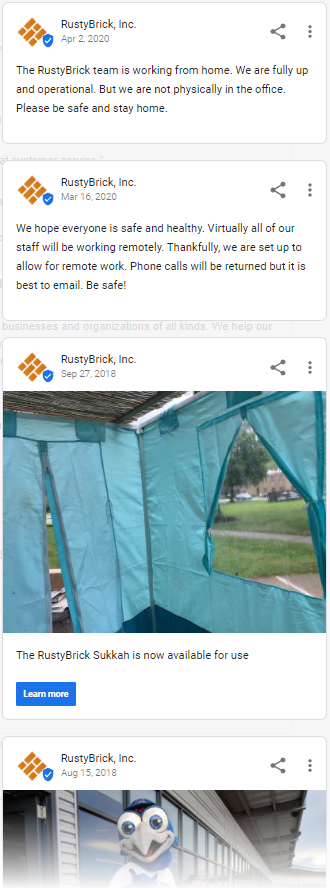
Data on posts shared on any GMB profile:
• Plain text;
• Post URL;
• Image URL;
• Author;
• Post date and timestamp;
• Links URL and anchor text.
Google Reviews
Google Reviews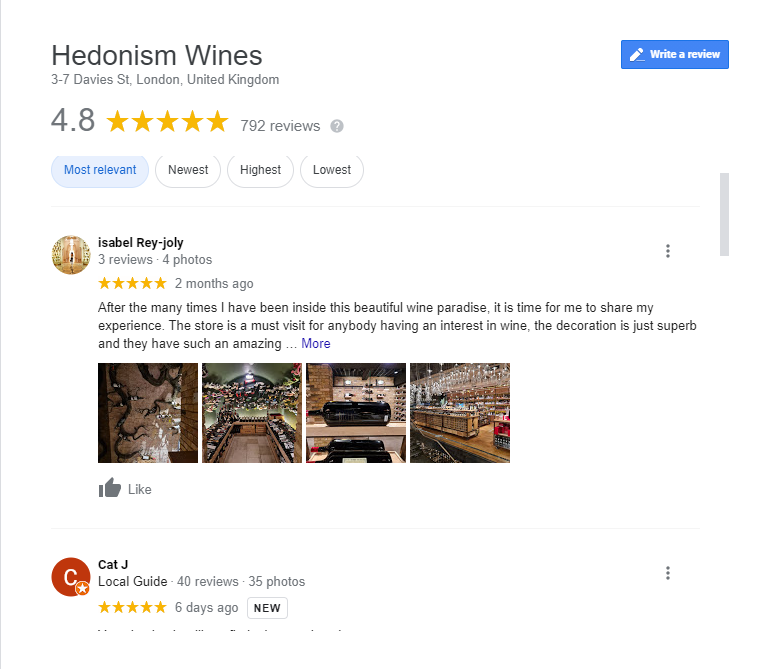
Data from the “Reviews” element of Google SERPS:
• Review text;
• Time of submission;
• Rating details;
• Owner response;
• Reviewer profile information.
Setting a task
The returned results are specific to the indicated business entity or search query, search engine, location and language parameters.
There are two different ways to indicate a business entity: client identifier or cid is used in My Business and Reviews endpoints, whereas
hotel_identifier is intended for Google Hotels.
We emulate set location and search engine with the highest accuracy so that the results you receive will match the actual search results for the specified parameters at the time of task setting. You can always check the returned results by accessing the check_url in the Incognito mode to make sure the received data is entirely relevant. Note that user preferences, search history, and other personalized search factors are ignored by our system and thus would not be reflected in the returned results.
Methods
The Live method of data retrieval is currently supported in Google Hotels, Google My Business Info, and Questions And Answers endpoints. This method doesn’t require making separate POST and GET requests to the corresponding endpoints and is suitable for systems that require delivering instant results.
All Google Business Data API endpoints support the Standard method of data retrieval. It requires making separate POST and GET requests. Using this method, you can retrieve the results after our system collects them.
Alternatively, you can specify pingback_url or postback_url when setting a task, and we will notify you on completion of tasks or send them to you respectively.
If you do not specify pingback_url or postback_url, you can receive the list of id for all completed tasks using the ‘Tasks Ready’ endpoint. It is designed to provide you with the list of completed tasks, which haven’t been collected yet. Then, you can retrieve the results using the ‘Task GET’ endpoint.
Learn more about task completion and obtaining a list of completed tasks in this help center article.
You can send up to 2000 POST and GET API calls per minute in total, with each POST call containing no more than 100 tasks. Contact us if you would like to raise the limit.
Priorities and cost
Google Business Data API has two different priorities that stand for the relative speed of task execution and have different prices:
1. Normal priority;
2. High priority.
In addition to that Live method has the highest price for setting a task.
The cost can be calculated on the Pricing page. You can check your spending in your account dashboard or by making a separate call to the User Data endpoint

